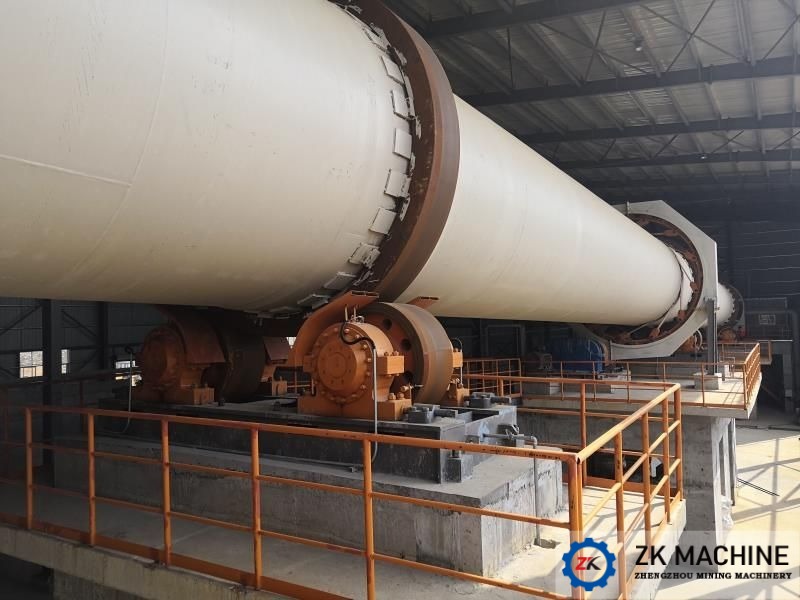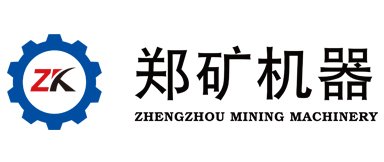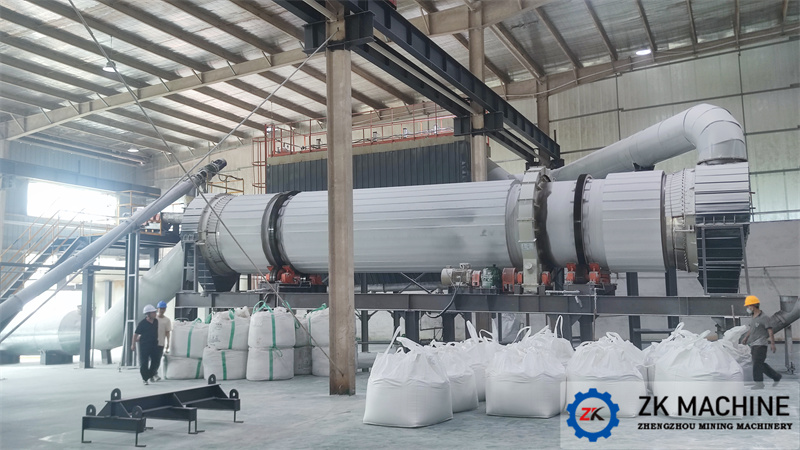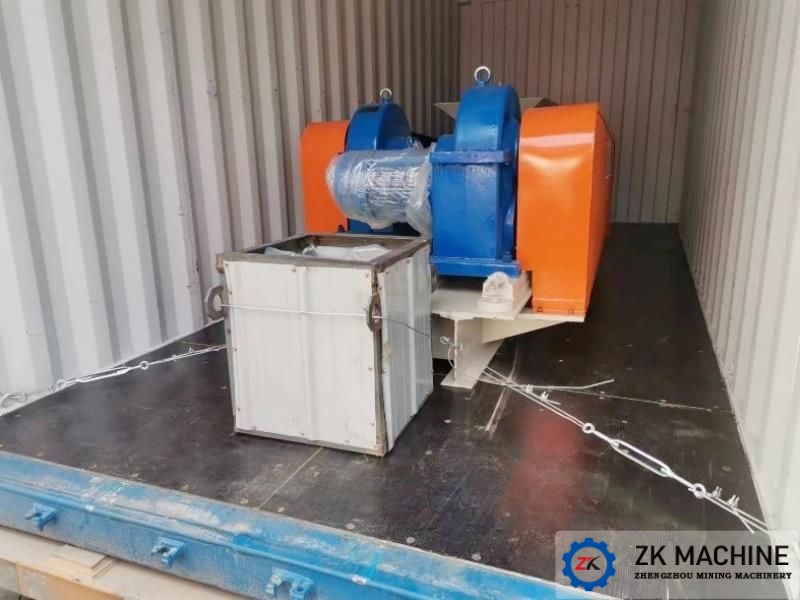Guangdong lithium roasting rotary kiln: analysis of environmentally friendly production process and technical characteristics
Lithium, as a crucial raw material in fields like new energy and new materials, holds significant importance for enhancing product quality, reducing production costs, and achieving sustainable development through the refinement of its production process and optimization of its technical characteristics. The production process of lithium rotary kiln calcination in Guangdong, with its environmentally friendly and stable features, plays a vital role in lithium production. This article aims to delve into its production process and technical features.
The production process of lithium rotary kiln calcination in Guangdong uses spodumene as raw material and adopts the sulfate process. Through steps such as high-temperature calcination, sulfation calcination, leaching, purification, and precipitation, lithium products are obtained. The rotary kiln, as a key equipment, plays an important role in the transformation calcination and sulfation calcination of spodumene concentrate. By controlling parameters such as temperature and residence time in the kiln, thorough reaction and conversion of raw materials are achieved, providing high-quality clinker for subsequent processes.
This process has several technical features. Firstly, the flue gas generated during transformation calcination and sulfation calcination is treated for purification to meet environmental emission standards, effectively reducing the production's environmental impact. Secondly, by configuring vertical preheaters and coolers, the high-temperature flue gas is fully utilized to preheat the ore and rapidly cool the high-temperature materials, increasing the rotary kiln's output and product activity while reducing unit product heat consumption. Additionally, equipment such as external filtration rotary drum vacuum filters and natural circulation external heating evaporators ensure the filtration and evaporation efficiency of leaching slurries, further enhancing production efficiency and product quality.

The advantages of the lithium rotary kiln calcination process in Guangdong not only lie in environmental protection but also in the stability of product quality and control of production costs. Through process optimization and equipment configuration, raw material utilization is maximized, and production costs are reduced. Meanwhile, the stability of the rotary kiln ensures stable product quality.
In summary, the lithium rotary kiln calcination process in Guangdong plays a crucial role in lithium production due to its environmentally friendly and stable characteristics. Looking ahead, with ongoing technological advancements and process optimization, we believe that the lithium rotary kiln calcination process in Guangdong will become more refined, making greater contributions to the sustainable development of the lithium industry. Moreover, we look forward to more companies and research institutions joining the research and innovation of lithium production processes, collectively driving the green and sustainable development of the lithium industry.




